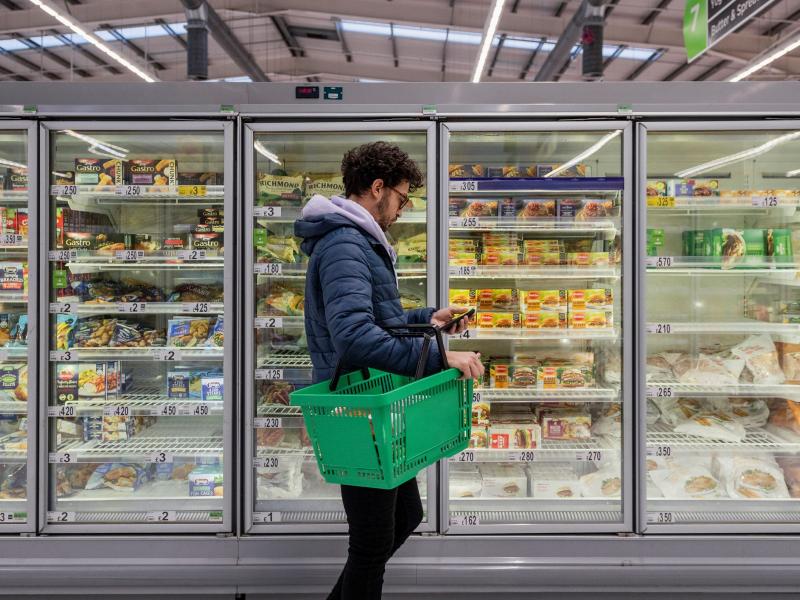Fiji’s Deputy Prime Minister Biman Prasad and New Zealand’s Finance Minister Grant Robertson were among the speakers at the recent NZ-Fiji trade and business conference, where a potential visa waiver for business travel was discussed.
Over 150 delegates from New Zealand and Fiji gathered for the full-day conference held at the Ellerslie Events Centre.
The conference was promoted jointly by the New Zealand Fiji Business Council and the Fiji New Zealand Business Council. Both councils are responsible for two-way trade and investment between the two countries. The New Zealand-Fiji Business Council hosted this year’s event.
Biman Prasad proposed a target of $FJ2 billion in two-way trade between New Zealand and Fiji by 2030 and would like to see Fiji become a top 10 trading partner of New Zealand.
Visas and removing barriers to business
Prasad says visa-free travel for Fijians into New Zealand needs to happen to realise the full benefits of the relationship between the two countries.
“This will also assist in dealing with trade imbalances and labour shortage issues,” he says.
Fiji lost about ten percent of its labour force in the past 18 months.
In response Robertson said that a visa waiver for business travel would be a good start.
New Zealand-Fiji Business Council President Chandar Sen agrees. “Fijian businesspeople should not have to pay and go through a visa application process as it exists currently.”
Two-way trade
Fiji is the only country in the South Pacific to rank in New Zealand’s top 20 trading partners.
Two-way trade between New Zealand and Fiji is valued at NZD$1.17 billion.
New Zealand exports to Fiji stand at $503 million and imports from Fiji at $64 million, with tourism making up the difference. A considerable amount of direct investment occurs between New Zealand and Fiji across tourism and manufacturing.
New Zealand is Fiji’s fourth largest export market.
Main exports from New Zealand to Fiji include electronic machinery, dairy products, meat products, and vegetables.
Fiji has the largest economy of New Zealand’s South Pacific neighbours with annual GDP standing at USD$5.3 billion.
New Zealand has reinstated a trade commissioner in Fiji after an absence of almost 10 years. This happened after strong lobbying by the New Zealand Fiji Business Council.
Speakers at the conference included experts in their field from both Fiji and New Zealand and covered a range of subjects including the current business environment, sustainability and climate change and its impact on the private sector, global changes in logistics.
Two very new sessions were held which included ‘our people the human factor’ and ‘cyber-security in the digital age’.
The event was concluded with a dinner and an armchair conversation with Sir Graham Henry.
The NZ-Fiji trade and business conference is run annually, alternating between New Zealand and Fiji.
*top photo: Right to left: Ms Renu Chand, President of the FNZBC; New Zealand's Minister of Finance Hon Grant Robertson; Fiji's Deputy Prime Minister and Minister for Finance Hon Biman Prasad; and Mr Chandar Sen President of NZFBC
*below photo: Keynote Speech: Fiji's Deputy Prime Minister and Minister for Finance Hon Biman Prasad.






